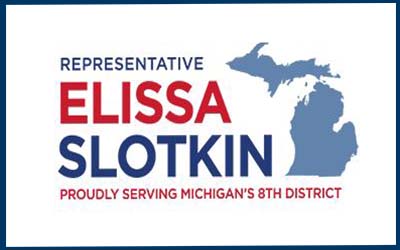| Hi there,
Mental health is just as important as physical health, but finding the resources to deal with anxiety, depression, or any mental health issue isn’t an easy task. Throughout this pandemic, there’s been a focus on staying physically healthy, but we can’t forget that support for mental wellbeing is just as important. May is Mental Health Month and we wanted to let you know about some free mental health resources that are available to you. Virtual support groups Mental health professionals from the state’s health department are running free, online support groups. You can join a group of your peers from the comfort of your own home. There are groups specifically for teens, older adults, parents, educators, frontline workers and those using substances to cope with pandemic stress. Click here to learn more and register to join. Get connected with a Mental Health Center in your community You can find more information about community health centers near you by visiting this page. Help is a phone call (or text) away The state of Michigan runs several hotlines for people dealing with different kinds of mental health struggles:
Looking for more resources? Check out all of the mental health resources the state has to offer — there’s everything from webinars for those experiencing burnout or unemployment to videos for folks experiencing conflict at home. This pandemic has taken a heavy toll when it comes to mental health and it’s never been more important to reduce the stigma around this kind of care and to share resources that can help. If you or a loved one is struggling, there is help. -Office of Rep. Slotkin |

